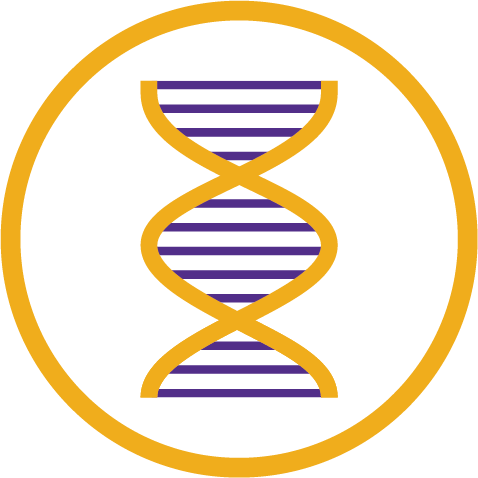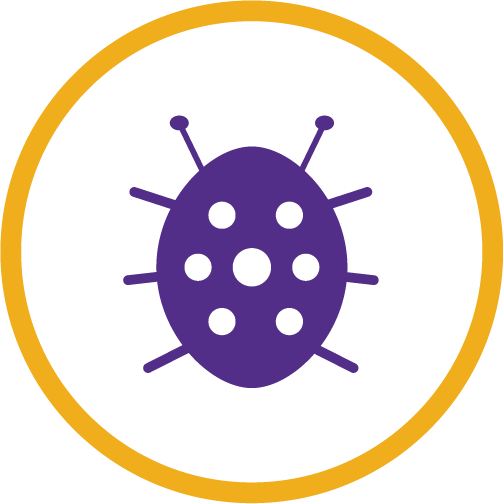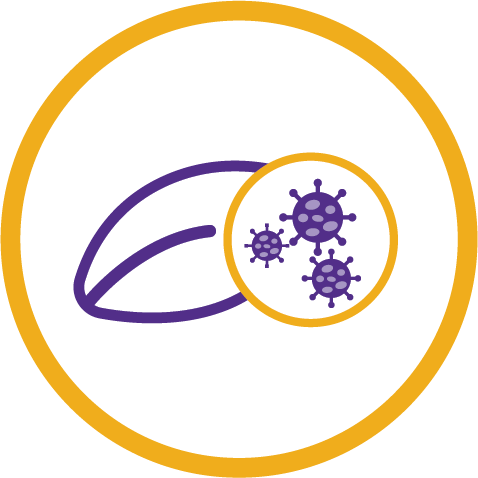Interdepartmental Genetics Program
Our goal in the Interdepartmental Genetics Graduate Program at Kansas State University is to train MS and PhD students in the basic principles and applications of classical and molecular genetics for careers in research, teaching, and industry.
Graduate Funding Opportunities
The Interdepartmental Genetics Program is now offering a competitive fellowship to select applicants to its PhD program. This prestigious fellowship comes with an annual stipend of $30,000 plus tuition (2023-2024 academic year rate) and allows students to rotate through multiple genetics research labs before choosing a thesis advisor. Submit your applications before the December 10th deadline.
Program Description
The program is diverse and includes faculty from the following Divisions and Departments:
As a result, research opportunities are diverse and include plant and animal breeding, population and evolutionary genetics, quantitative genetics, molecular and developmental genetics, and genomics and bioinformatics. Interdisciplinary interactions are fostered and encouraged based upon a common interest in genetics. Such interactions often bridge basic and applied genetics and merge diverse fields such as agriculture and computer sciences. Thus, the Genetics Graduate Program offers students a truly interdisciplinary and interactive environment in which to pursue their scientific interests.
After meeting the core curriculum requirements, students in the program are encouraged to choose an emphasis, which enables them to specialize in a particular subdiscipline of genetics. At present, the following emphases are available: Arthropod Genetics; Genetics of Plant-Microbe Interactions; Molecular, Cellular, and Developmental Genetics; and Quantitative Genetics. These tracks have been designed so that there is significant overlap in coursework.
Program Facilities
Research and teaching facilities at Kansas State University are excellent. These include the Integrated Genomics Facility (IGF), the Plant Biotechnology Center, NMR Facility, Metabolomics Center, electron microscopes, real-time PCR machines, insectaries, greenhouses, etc. The interdisciplinary nature of our programs provides access to many of these facilities to all students in the program. High-technology classrooms with state-of-the-art computer technology are also available.







